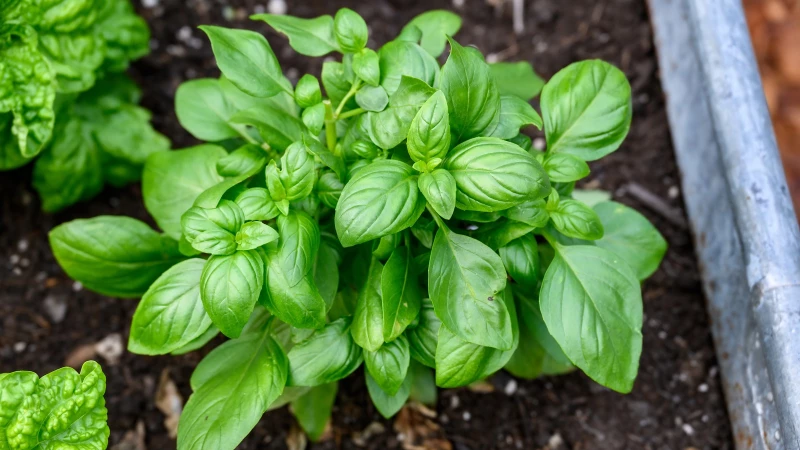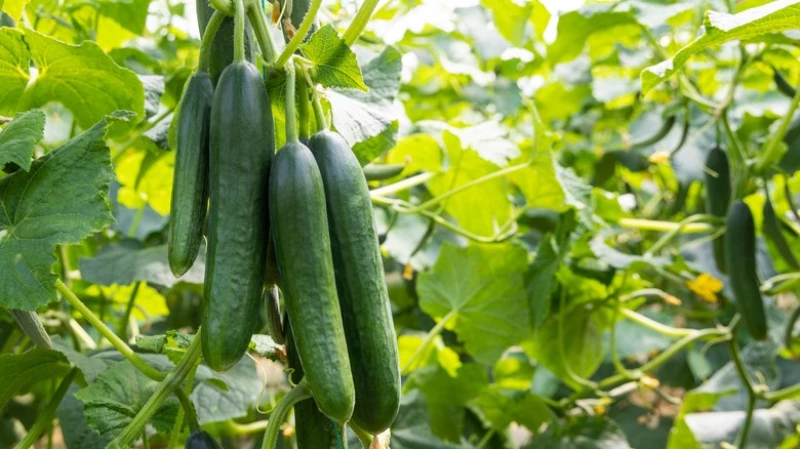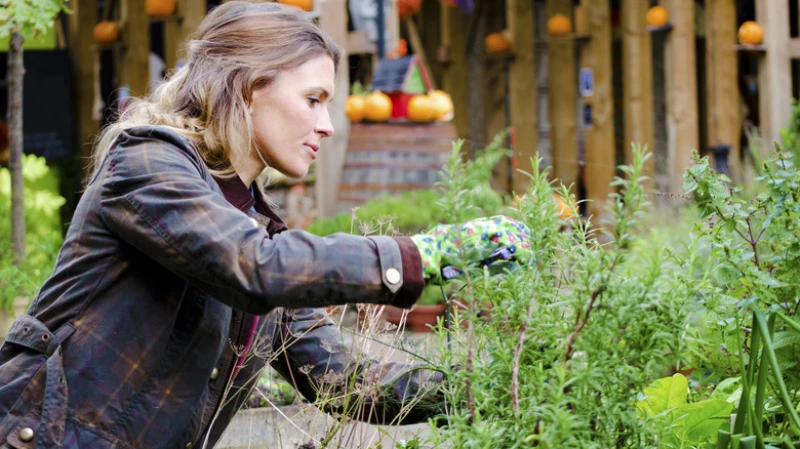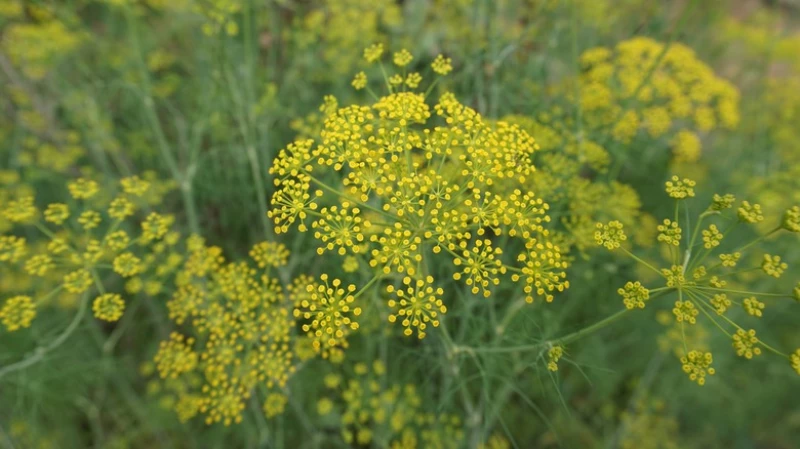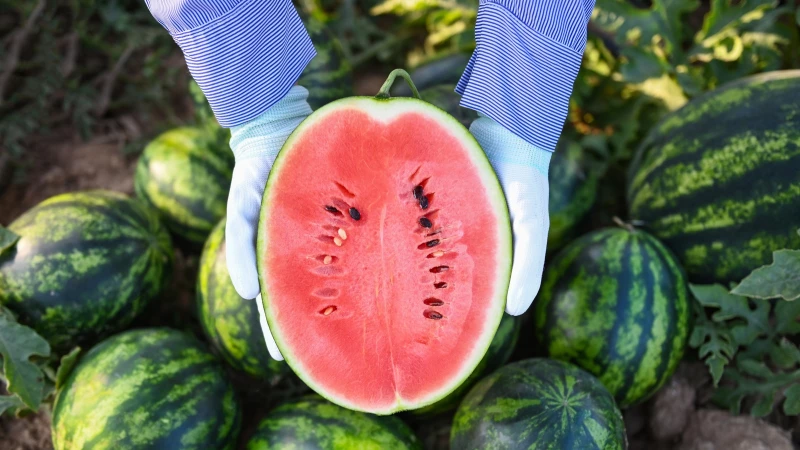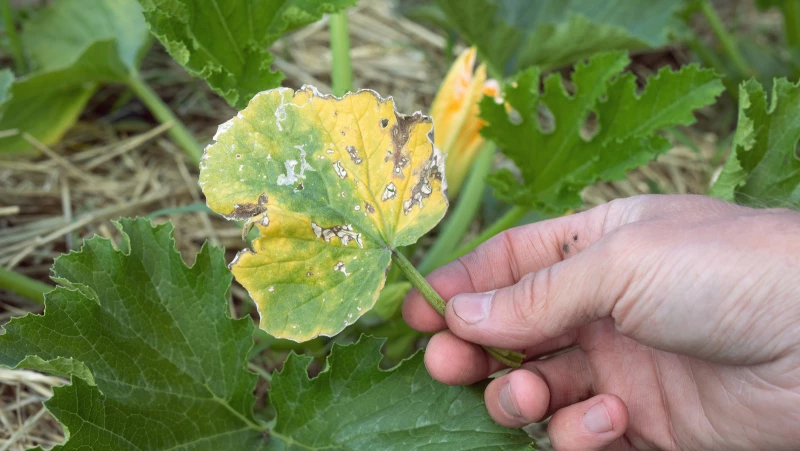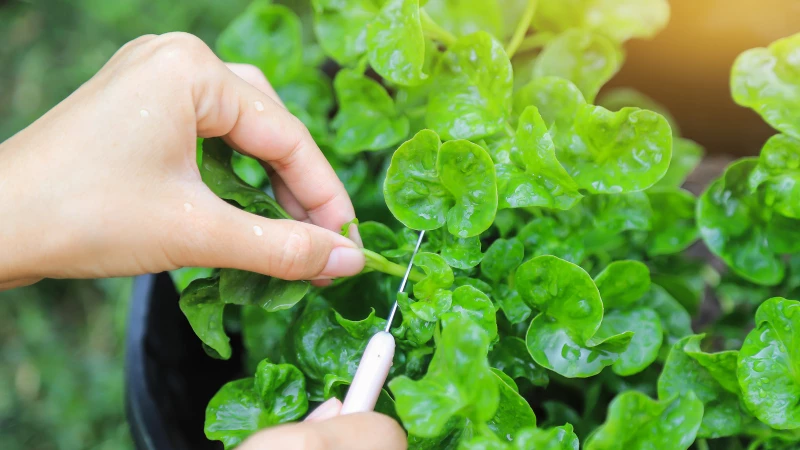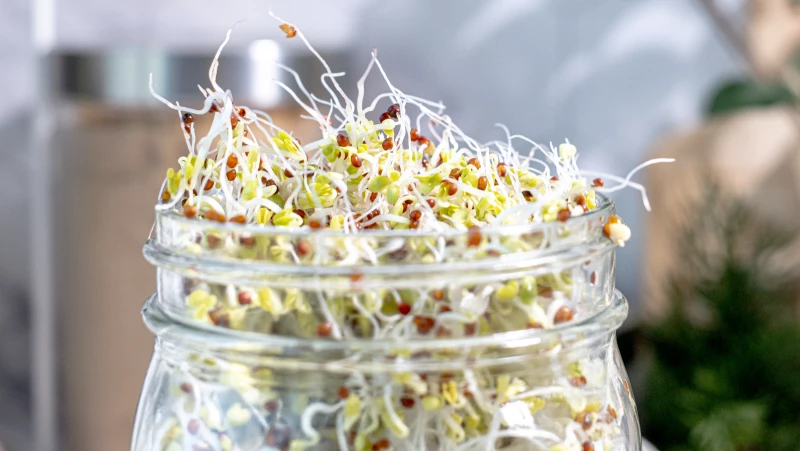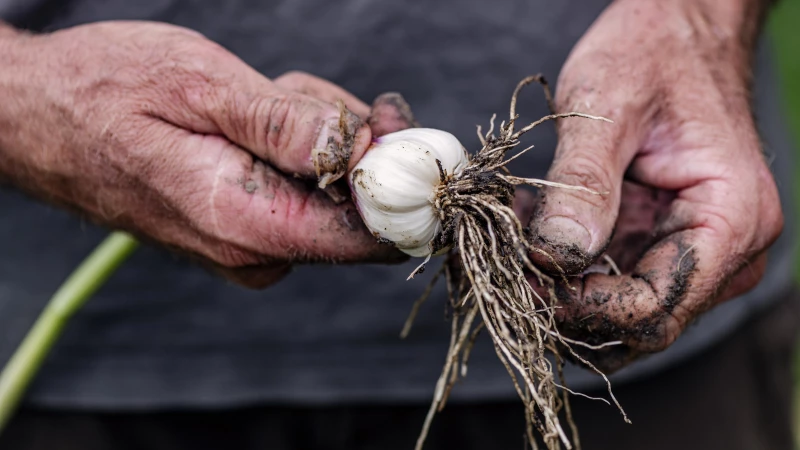When it comes to gardening, basil is a beloved herb that not only adds flavor to dishes but also serves as a beneficial companion to many vegetables. However, there are certain plants that should not be planted near basil due to their adverse effects on its growth and flavor.
While basil thrives when planted alongside tomatoes, asparagus, and peppers, it is best to avoid placing it near certain plants that can hinder its growth. Plants such as rue, sage, and mint are known to negatively impact basil, either by inhibiting its growth or altering its flavor.
Therefore, it is essential to carefully plan your garden layout to ensure that basil is placed in a suitable environment that promotes its growth and enhances its flavor. By avoiding planting basil near its adversaries, you can enjoy a bountiful harvest of this versatile and aromatic herb.
When planning your garden, it's essential to consider companion planting to maximize the benefits for your plants. Basil, known for its ability to repel pests and attract beneficial insects, is a popular choice for many gardeners. However, not all plants make good neighbors for basil. One plant to keep at a distance is the cucumber. Cucumber plants have a high water content and aggressive root system that can compete with basil for resources, leading to stunted growth for the aromatic herb. Additionally, the flavor of cucumbers can be influenced by nearby plants like basil, affecting the taste of the fruit. To ensure your basil plants thrive and your cucumbers remain flavorful, it's best to keep these two plants apart in your garden.
If you're looking for suitable companions for your cucumber plants, consider planting cabbages, radishes, sunflowers, and bean species instead of basil. These plants can repel pests, provide support for vines, and enhance the growth and flavor of the cucumbers. To ensure a bountiful herb yield, you can also use techniques like harvesting basil by nipping off the tops for more robust growth, rather than picking the lower leaves, which may lead to spindly growth.
Melons and squashes can overpower basil bushes
While the idea of enjoying fresh watermelon, cantaloupe, and honeydew from your garden is exciting, it's important to note that melons and squashes can overpower basil bushes. These plants, although not harmful to basil, require ample space away from the herb. Melons and squashes are vigorous growers that compete for water and nutrients in the soil, and their large size can also block sunlight from reaching smaller plants like basil, causing them to struggle in the garden.
To accommodate the spatial needs of melons and squashes, ensure that watermelon plants have 3-12 feet of space, cantaloupe and honeydew plants have 3–4 feet, summer squash has 2–3 feet, and winter squash has 3–4 feet of room to thrive.
Instead of growing basil next to these big crawlers, you might consider companion plants that provide soil enrichment and pest-repellent advantages for melons and squashes. Suitable companion plants for watermelon include beans, corn, camomile, pigweed, and summer savory. Melons enjoy the company of bush beans, collard greens, marigolds, and bee balm. If you're growing squash, you'll get good results by pairing the plants with peas, beans, radishes, dill, sunflowers, and nasturtiums.
Many gardeners enjoy growing herbs close to each other in specialized herb gardens planted near the kitchen. There they can snip the fresh leaves and pop them into simmering stews, soups, and other delightful recipes. But there are some herbs you'll want to avoid growing close together, and rosemary and basil are two examples. Adequate drainage is a primary consideration for growing rosemary, as it thrives in dry soil, topping the list of drought-tolerant herbs. By comparison, basil likes soil that is consistently moist. When they're planted side-by-side in the ground, it's nearly impossible to provide the right growing conditions for both plants.
To solve the companion problem between basil and rosemary, you can grow both herbs in pots. There are many Mediterranean herbs that thrive in containers, and basil is one of them. By using pots, you can water the basil more frequently than the rosemary. Additionally, you might pay attention to the soil mixture for each plant. Be sure to provide a well-draining growing medium for the rosemary plant and a potting mix that holds moisture for the basil.
If you do plant rosemary in the ground, there are a few good companion choices that will thrive alongside the herb. These include other herbs like oregano, thyme, sage, and marjoram. Rosemary and lavender are also great companion plants in the garden. Grown as a positive companion for vegetables, rosemary pairs well with carrots, tomatoes, cabbage, and beans.
Fennel stunts the growth of basil when it's planted nearby
Fennel is an enemy of many garden plants, including tomatoes, peppers, eggplants, potatoes, beans, cucumbers, and basil. It's an allelopathic plant, producing a chemical that spreads through the soil to kill or stunt the growth of neighboring species. In a showdown between basil and fennel, it's the basil that will lose every time. It will fail to thrive when exposed to fennel's toxicity. On top of that, fennel attracts pests that enjoy feasting on basil, making it a particularly pesky neighbor.
If you want to grow fennel as an ornamental grass alternative or as a kitchen herb, find a location in the garden where the offending plant is at least 4 feet away from basil and other species that can be damaged by fennel's chemical emissions. Alternatively, you can grow fennel in pots to prevent the spread of the chemical that harms neighboring plants.
While it's an unfriendly neighbor for many vegetables and herbs, fennel does serve as a positive companion for some plants. These include peas, lettuce, and sage. The bulbs and seeds of fennel are a good source of vitamins, minerals, calcium, and fiber. That's why many gardeners opt to grow the plant. But for best results with growing basil, it's important to keep fennel at a distance.
Rue is a truly obnoxious garden neighbor for basil
Common rue poses insurmountable problems for basil when it's grown nearby. First, it's a bitter herb whose flavor transfers to the basil. As a result, the sweet-and-spicy yumminess of basil transforms into a bitter taste. You will not want to add the basil leaves to your recipes if it's grown near rue. Secondly, the rue attracts garden pests that attack the basil plants. At the same time, basil appears to become more susceptible to these pests under the influence of rue. This phenomenon leaves basil struggling when rue is grown in close proximity.
Rue is a perennial, pest-fighting companion plant with a long history of being used for medicinal purposes. While it's known to cause skin irritation and to be toxic if eaten in large quantities, rue does serve a purpose as a good neighbor for some plants. It repels Japanese beetles, aphids, slugs, snails, and flies. For this reason, rue is a successful companion plant for roses, figs, and raspberries.

